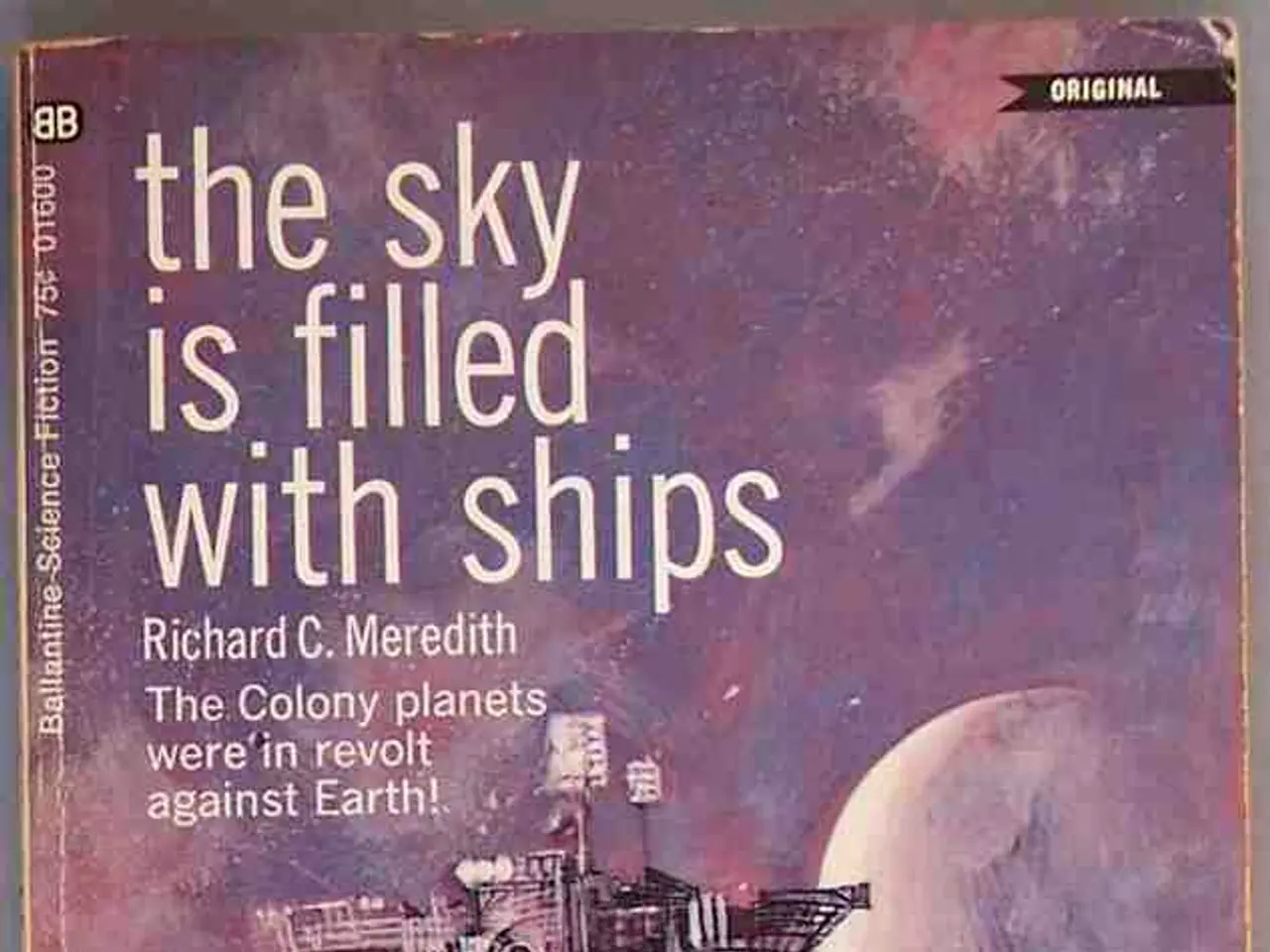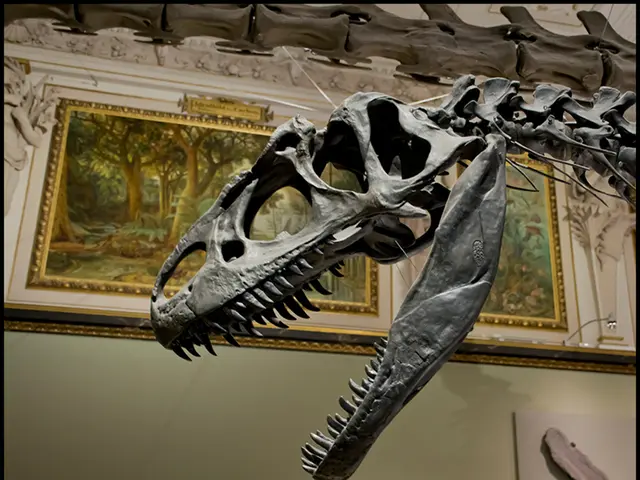Exploration of 'Intelligence in the Context of Planets'
In a groundbreaking proposal, astrophysicist Adam Frank, a professor at the University of Rochester and co-founder of the NPR blog 13.7, has suggested that the Earth system, including its biosphere and human civilization, can be understood as a form of collective, emergent intelligence at a planetary scale. This concept, which extends the Gaia theory, views Earth as a self-regulating, complex system where living organisms interact with their inorganic surroundings to maintain conditions conducive to life.
Frank's idea, often referred to as planetary intelligence, frames this self-regulation as a type of intelligence—a planetary-scale process capable of adapting and evolving, especially in light of human technological societies and potentially artificial intelligence. It emphasizes that intelligence emerges from complex interactions across the biosphere, including humans as co-creators in this shared planetary experience.
The Gaia theory, now known as Earth Systems Science, is the foundation of climate science. It was first proposed by James Lovelock and Lynn Margulis and describes the Earth as a living organism. Frank's concept, however, extends this theory by viewing the Earth's biosphere as mature around 3.5 billion years ago, with a dense web of species and life forms that have feedback loops and can respond to changing conditions.
The "wood wide web" is a term used to describe the fungal networks running through forests, which can transfer nutrients over hundreds of miles. This intricate system mirrors the complexity of the planetary intelligence concept, demonstrating the interconnectedness of life on Earth.
The mature technosphere, the sum total of the products of thought like air conditioners, radios, cell phones, and containerships, is not autopoietic, meaning it's not self-creating and self-maintaining, and is degrading the conditions it needs to survive. The challenge, therefore, is not to save the Earth, but to prevent climate change and preserve global civilization to avoid the death of billions of people.
Frank's concept of planetary intelligence has far-reaching implications for science, sustainability, and our understanding of consciousness at a planetary level. It invites seeing the biosphere not just as a living system, but as an intelligent actor. The future political economy will have the word "planetary" in it, and cultures will respond to it, leading to a new way of how we inhabit the planet.
In an interview for the radio show "To the Best of Our Knowledge," Frank discussed his concept of planetary intelligence, highlighting the need for a fundamental change in how we think about political economy, energy systems, and how we inhabit the planet. He also expressed hope that humanity will learn and build the kind of technosphere that's really mature, enabling us to coexist harmoniously with the planetary intelligence.
Recently, Frank has become interested in a physics of life and astrobiology, investigating the conditions that make life possible. His work continues to push the boundaries of our understanding of the Earth and our place within it, offering a compelling vision for a sustainable and intelligent future.
- The concept of planetary intelligence suggests that Earth's self-regulation, including human technological societies and potentially artificial intelligence, is a form of intelligence at a planetary scale, which could shape future political economies and cultures.
- By seeing the biosphere as an intelligent actor, planetary intelligence emphasizes the need for a fundamental change in how we think about energy systems, political economy, and our habitat, as well as the importance of sustainability across science, technology, and education-and-self-development.
- As the sum total of the products of thought like air conditioners, radios, cell phones, and containerships, the mature technosphere is not autopoietic and degrades the conditions it needs to survive, making it crucial to prevent climate change and preserve global civilization.
- Frank's research in the physics of life and astrobiology aims to explore the conditions for life and the potential for life elsewhere in the universe, furthering our understanding of the environment-and-self-development and its role in climate-change and science.




